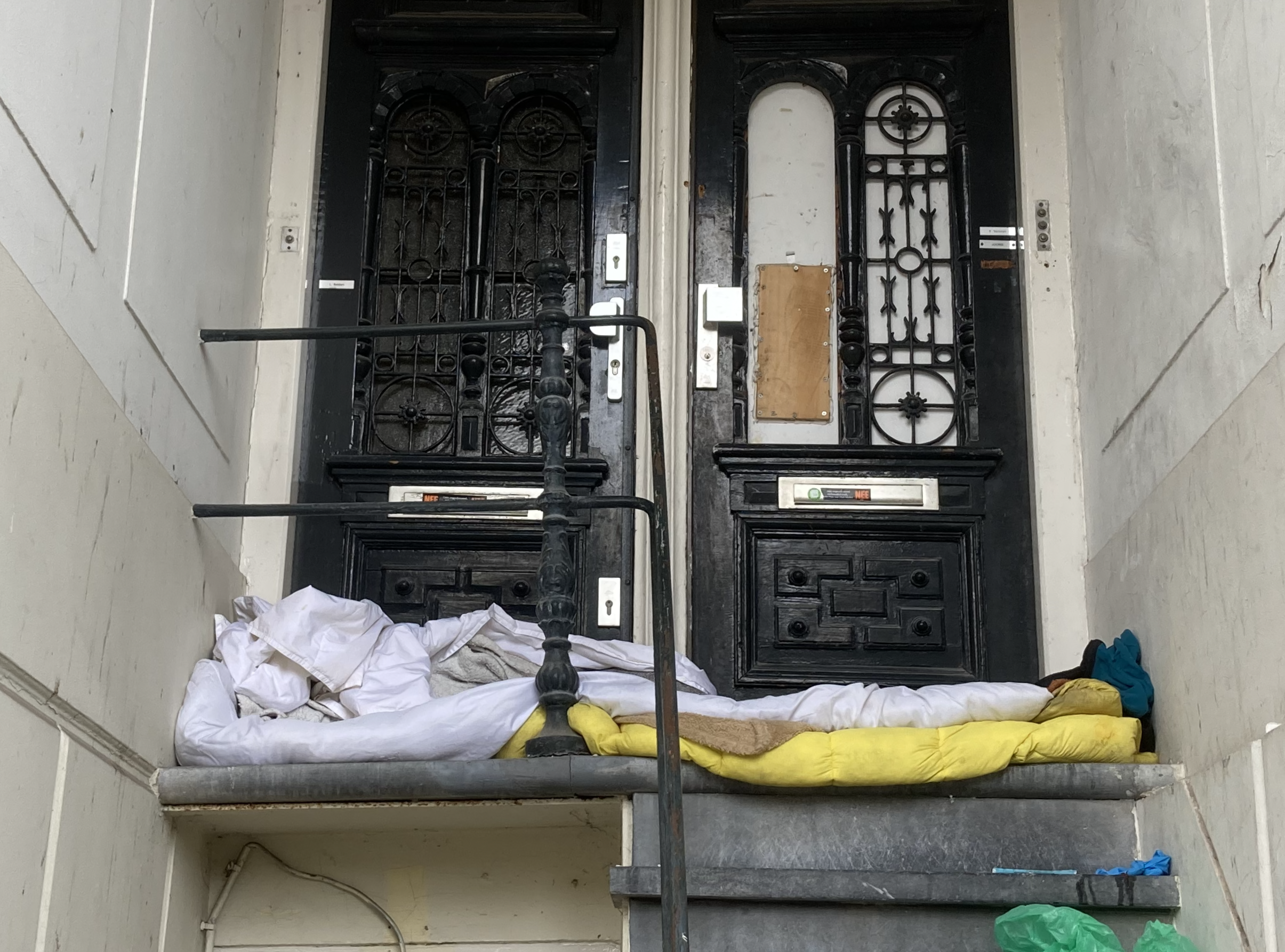Rotterdam aims to solve homeless Eastern European issue

Rotterdam city council is opening a special out-of-town shelter for homeless Eastern European nationals next month, where they can kick their alcohol or drugs addiction, get help with finding work, or be helped to return home.
“This group of homeless people has become completely unacceptable,” city care chief Ronald Buijt said. “It has to be brought to an end.”
The centre, on the Volkelstraat close to the airport, will offer beds for at least 60 people, whether or not they are entitled to any form of council support.
The aim, Buijt said, is to make sure no-one ends up sleeping on the street. “But if you don’t stick to our rules, then we will do all we can to send you back to your country of origin,” Buijt, from the right-wing Leefbaar Rotterdam party, told current affairs show Nieuwsuur.
Homelessness is becoming an increasing problem in Rotterdam, he said, and causing major problems for locals.
One group of city centre residents, who live in the apartments in the Markthal, say they are faced with the problems caused by homeless Eastern Europeans continually. Some 15 men live in the underground garage, using drugs and “doing their business”, locals told the programme.
Officials at the city’s Pauluskerk, which also offers help to homeless people, said six to eight weeks is not enough to solve such complex problems. “It is a start, but it is not enough,” a spokesman told Nieuwsuur.
Nevertheless, Buijt said he had high hopes of the project, which is part of a wider approach to tackling homelessness. “We’ve been able to get 500 people home voluntarily over the past two years and we’ve helped 500 get a job,” he said. “Now we are going to tackle the problem on a wider scale.”
Some 30,600 adults of working age in the Netherlands are currently homeless, a rise of some 4,000 on a year ago, national statistics agency CBS said in March.
In particular, there has been an increase in the number of homeless people from Eastern Europe, who now account for 8% of the total, rather than 5%. They often find themselves with no where to live when a temporary employment contract ends because staffing agencies are still linking jobs to accommodation.
Thank you for donating to DutchNews.nl.
We could not provide the Dutch News service, and keep it free of charge, without the generous support of our readers. Your donations allow us to report on issues you tell us matter, and provide you with a summary of the most important Dutch news each day.
Make a donation